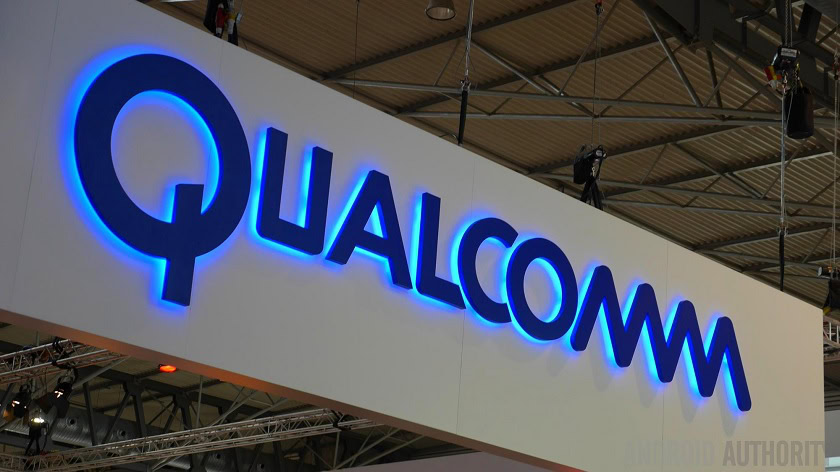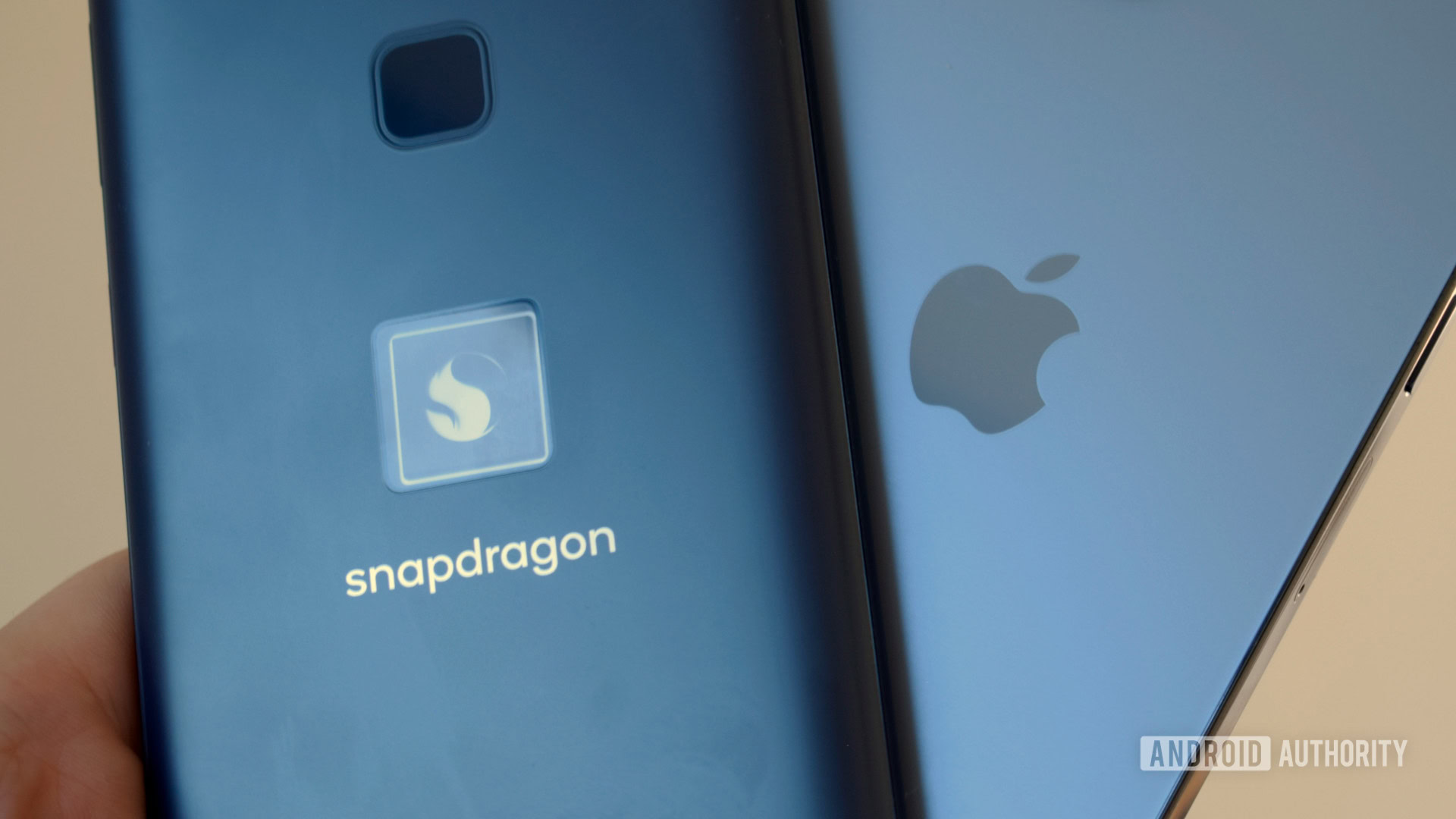Affiliate links on Android Authority may earn us a commission. Learn more.
Qualcomm hit with $773 million fine in Taiwan for antitrust violations

The Taiwan Fair Trade Commission has fined Qualcomm, the San Diego-based chipmaker, NT $23.4 billion for antitrust violations. That works out to around $773 million US. Qualcomm is being fined for the way it prices mobile phone chips and patents in the small, but important East-Asian state that is home to technology companies like Acer, Asus, HTC, and Foxconn.
According to the ruling, Qualcomm has been violating antitrust rules for at least seven years. In that time it has collected roughly $13 billion in licensing fees from local companies. On its website, the Taiwanese FTC says:
Qualcomm holds big number of standard essential patents in CDMA, WCDMA and LTE segments and is the dominant provider of CDMA, WCDMA and LTE baseband chips. It abused its advantage in mobile communication standards, refused to license necessary patents.
Right now, Qualcomm has a monopoly market status in these mobile phone standards. By not providing products to clients who don’t agree to its conditions, Qualcomm is violating local antitrust laws. According to the Fair Trade Commision, local companies purchased $30 billion worth of Qualcomm’s chips, far less than the fine that was handed down.

So, what does this mean for Android phones? Well, not much right now. This is a pretty small fine compared to the billions of dollars that Qualcomm brings in each quarter. Hopefully we see things change around CDMA technology long term. One of the reasons we don’t see more cheaper unlocked phones support CDMA or networks like Verizon or Sprint is due to these licensing fees. It’s much cheaper to make a GSM-only phone and the CDMA standard is far less popular outside of the United States.